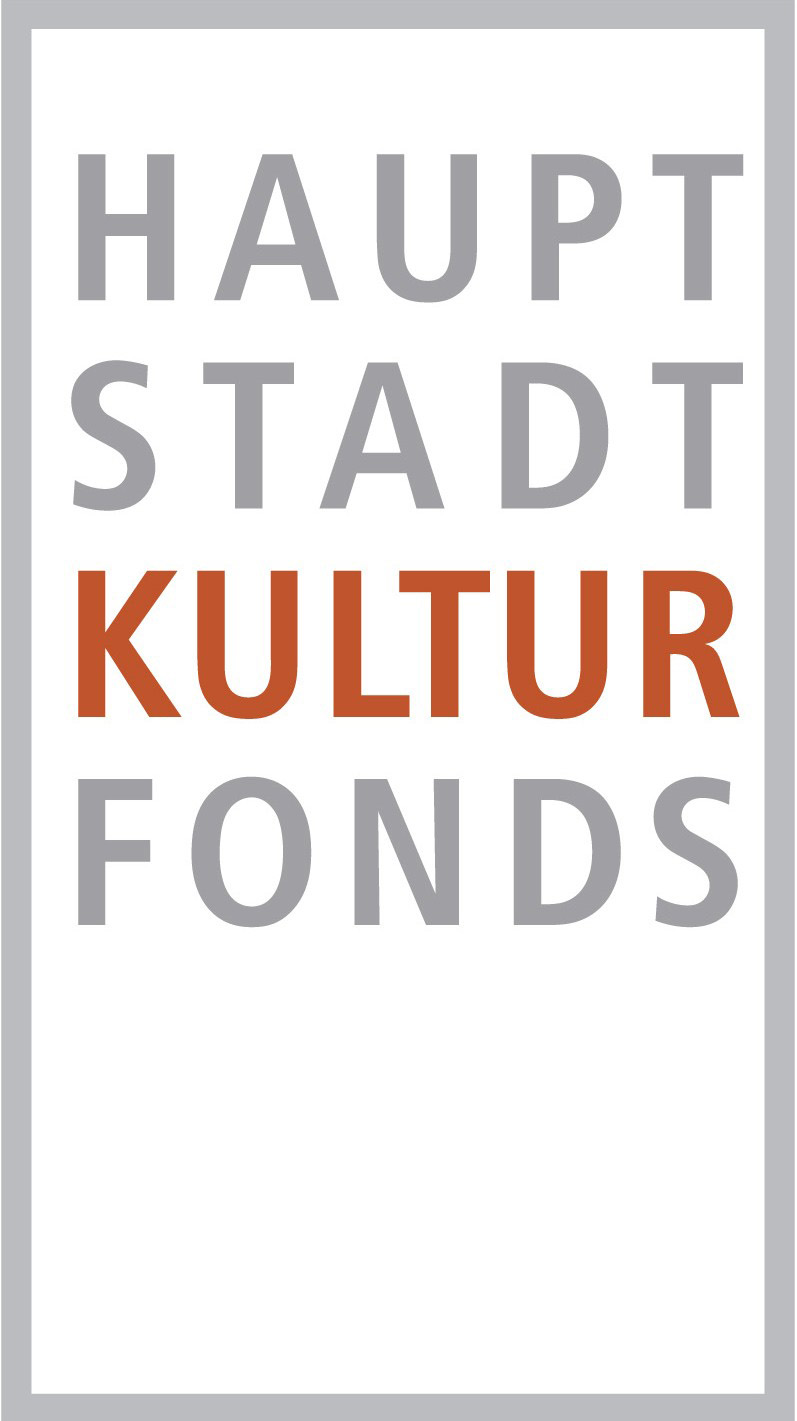Sprache
Typ
- Buch (6)
- Wissenschaftlicher Artikel (2)
- Interview (0)
- Video (0)
- Audio (0)
- Veranstaltung (0)
- Autoreninfo (0)
Zugang
Format
Kategorien
Zeitlich
Geographisch
Nutzerkonto
Eccentric Values after Eisenstein: Atelier I:
Laienanthropologie / Lay Anthropology
09.05.2018, 17:00
ESPACE DIAPHANES, Dresdener Str. 118, 10999 Berlin

Mit:
Elena Vogman (Berlin): Elements towards Lay Anthropology
Irene Albers (Berlin): »Inversement«. Laienethnologen bei Documents
Pawel Moscicki (Warschau): Anger Anthropology
Moderation, Einführung durch Stefan Hölscher und Elena Vogman
Teilweise in Englischer Sprache
What kind of knowledge results from methods of anthropology in the 20th Century? Artistic practices provided a fundamental critique rather than a clear answer to this question, inasmuch as they contributed to the aesthetic and epistemic deconstruction of the very image of the other. In the frame of the exhibition “Eccentric Values after Eisenstein,” the atelier aims to explore the concept of “lay anthropology” by tracing trajectories of visual artists and authors in the first half of the century who understood anthropological methods as radical modes of exposing oneself to other experiences, to other spaces and rhythms. In the case of Eisenstein’s Mexican film and in journals such as Documents (Paris, 1929–1930) or Mexican Folkways (Mexico, 1925–1935) ethnology served as a prism of “inversion” by means of which Western culture was criticized.
Oriented by Freud’s notion of “lay analysis,” the atelier questions the epistemic risk of such an experience in its relation to the political present and to other forms of knowledge of cultural formations. Freud’s emphasis on “transference” is not only related to processes of hypnosis or suggestion, but also to a certain “magic of the passions” (Blanchot). This concept provides an additional element that transforms the “layness” of the anthropological attitude into a decisive practice of decentering the subject’s position. Therefore, anthropological observations could also be conceived as a political act of those who, working on the margins of official discourses, try to bring to light the image of nameless actors of history. In the framework of the atelier, case studies will be supplemented by the discussion of Sylvain George’s cinematographic work, which establishes connections between current issues of human rights, the experience of migration and the urge of political activism.
Im Rahmen der Austellung »Eccentric Values after Eisenstein«
